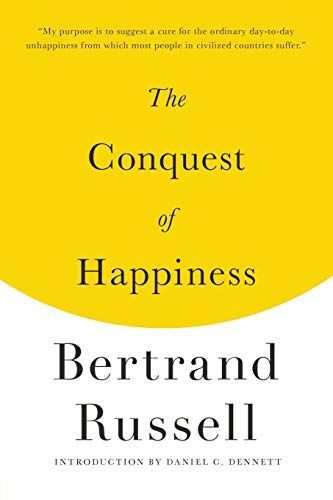
Reviews
catto fishu@catfish-lo
anjali@anjalislibrary
0xADADA@0xadada
Lin@lindsma
Jannis M@jmm
Ioana Kardos@ioanakardos
carlos@csz
Louie Dinh@ld
Lee Herman@macbikegeek
Engin Arslan@enginx
Ati Ince @ati
Birce Aydoğan@bircoy
Alper Kanyilmaz@alper
Santosh Singh@santosh
Eduardo Z @eduardozulian
Emiliano Quintana@medialunadegrasa
Amro Gebreel@amro
Rachel Prudden@stubborncurias
Highlights
Edward Steel@eddsteel
Edward Steel@eddsteel
Edward Steel@eddsteel
Edward Steel@eddsteel
Edward Steel@eddsteel
Edward Steel@eddsteel
Edward Steel@eddsteel
Edward Steel@eddsteel
Edward Steel@eddsteel
Edward Steel@eddsteel
Edward Steel@eddsteel
Edward Steel@eddsteel
Edward Steel@eddsteel
Edward Steel@eddsteel
Edward Steel@eddsteel
Edward Steel@eddsteel
Edward Steel@eddsteel
Edward Steel@eddsteel
Edward Steel@eddsteel
Edward Steel@eddsteel
Edward Steel@eddsteel
Edward Steel@eddsteel
Edward Steel@eddsteel
Edward Steel@eddsteel